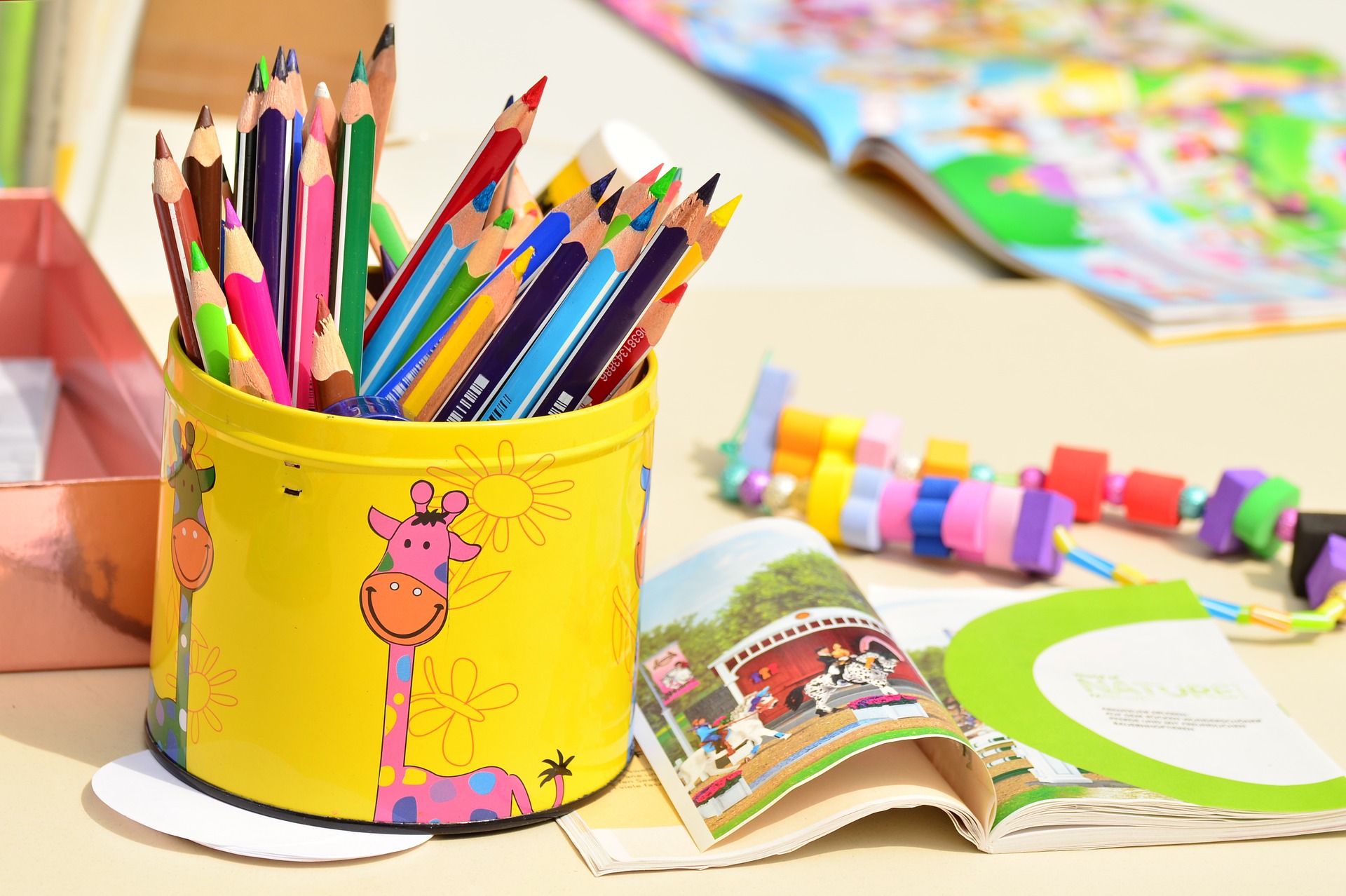"I feel like a broken record, but historical studies show that early childhood education and care offers value for money. I think it offers so much more value than those economic assessments could ever capture. However, it is a sector underfunded and providers are struggling."
Dr Verity Campbell-Barr is an Associate Professor in Early Childhood Studies and the Associate Head for Research at the University of Plymouth. Throughout her time in the sector, she has emphasized the supply and demand of early years provision. From her PhD to working for a local authority, the challenge has been figuring out how settings can provide high-quality services and ensure the best possible outcomes for children.
Balancing care and affordability
Financially, pre-schools and nurseries have been impacted by the pandemic. But, as recent revelations show, monetary constraints on the sector have already been an issue for a long time. Supplying effective early education for children requires funding and highly qualified staff. Yet, the level of funding is leaving “settings with a balancing act”, says Verity.
“At the core of what providers are doing is working with families and they do not want to charge them extortionate rates. How do you do that caring side of the job while at the same time make your setting financially viable? We have seen a massive drop in funding and the APPG highlighted this and whether the rates are covering costs."
The All Party Parliamentary Group for Childcare and Early Education (APPG) brings together members of parliament representatives from the early years sector. Recently, the group discussed funding and talked in length about why the current system is problematic. This includes issues with staff retention, funding gaps and business rates. Verity believes an alternative could be to shift the focus away from money.
“The big challenge is finding solutions that do not revolve around money. We need to think about how else we might go about changing things without impacting quality.”

Generating value from a free service
The debate around free entitlement is something that continues to be discussed by charities and the government. Overall, the concern is whether the funding given to providers covers the cost of caring for a child. If not, then settings could either suffer financial losses or charge higher fees for parents.
For Verity, the whole notion of ‘free’ childhood care creates issues and parents should not be put in circumstances where they are having to financially assess their choice of provider.
She said: “If you provide something for free, it is very difficult to generate a sense of value in the wider population. I do not fully understand the psychology.
“Surely we should not be in a position where, as a society, parents are having to make fine-tuned calculations about incomings and outgoings that might be at a cost to their child.”
In this situation, the proposed solution by the Early Years Alliance is greater levels of funding. The charity recently won an FOI battle with the Department for Education that revealed the existing monetary shortfall. Their findings showed the hourly rate needed to fund a place for a three or four-year-old was £7.49. Research by company Ceeda showed that the average paid by the local authorities is £4.89.
Funding to early years providers comes from the government through local authorities. This is a process that Verity raised concerns over.
She said: “Nothing is going straight to the provider. Why do they not get the money directly? It does seem like a strange process. There are issues with how the funding is allocated, and I do not think we have done a proper economic assessment to see what the costs are.”

Seeking professional status
Early years researcher and nursery owner Claire Kenyon strongly believes that the perception of the workforce needs to be altered. This was an area that Verity also supported.
To raise the profile of the profession, society could benefit from gaining a better understanding of the training and requirements. Currently, “there is almost a sense of well, anyone can look after children,” says Verity.
"Professional status is a challenge. It is a hugely complex professional role with so many different layers. You have to know about child development, and then put it into practice which is very difficult because you have to tune in with the children. It is not a case of taking child development and pour onto children.
“So many different areas coincide into one job. You have to learn about psychology, sociology, social policy and how to work with families. However, this is not recognised in society. I hope there is a new-found recognition for people that work with children.”
The pandemic and recognising the importance of early years
Over the past 18 months, Covid-19 has forced settings to close, and homeworking became a staple of the new normal. Families with young children were faced with the responsibility of caring for their children during the day. The attendance in early years settings fluctuated.
The pandemic has caused great uncertainty, but the experiences of Covid-19 could prove to be a seminal point in time for the early years.
"There is an opportunity to have a shift where society thinks about what they value," says Verity.
"We need to re-assess what it is we value around education from the earliest years all the way through. Hopefully, because of what has happened, people are valuing childminders and pre-school teachers so much more.”
Changing the model
There is no universal approach to childhood provision, but some alternatives include the Reggio Emilia, which revolves around children being the driving force behind their development. Another method is Steiner Education. This is when children are taught to exercise their own feelings. Another style of learning is Montessori. This is a method where children are at the forefront of their learning and can freely decide what activities they would like to do.
With careful consideration, Verity believes that various models have the potential to be successful.
“In different countries, parents are expected to contribute some of their time. It becomes much more of a community type of approach. Again, if you just have a group of parents providing a service you have to be careful.
“The problem is that if we adopt a community model where anybody can come in and work, we go back to the idea that anyone can do childcare. You would need to strike that balance.
“In other countries, there is a maintained service, like our schools. This would be one model to move to and make all pre-school state-owned. Although, it does not necessarily stop the issues around making sure we have enough money to do the job we need to do.”
Understanding what an early year professional is
Stressing how much training and education goes towards working in early years. That is an idea Verity would like to see become a reality. She believes that staff are not recognised as professionals. A solution to the misconception of what working in the early years entails is to raise awareness.
“We need to highlight the complexity of the role, particularly the sheer range of knowledge you are expected to have to work with children. I think this is a key thing because caring and nurturing contain important professional values.”
📧 Want to stay in the loop of all things early years? Subscribe to my newsletter

Featured image source: Pixabay